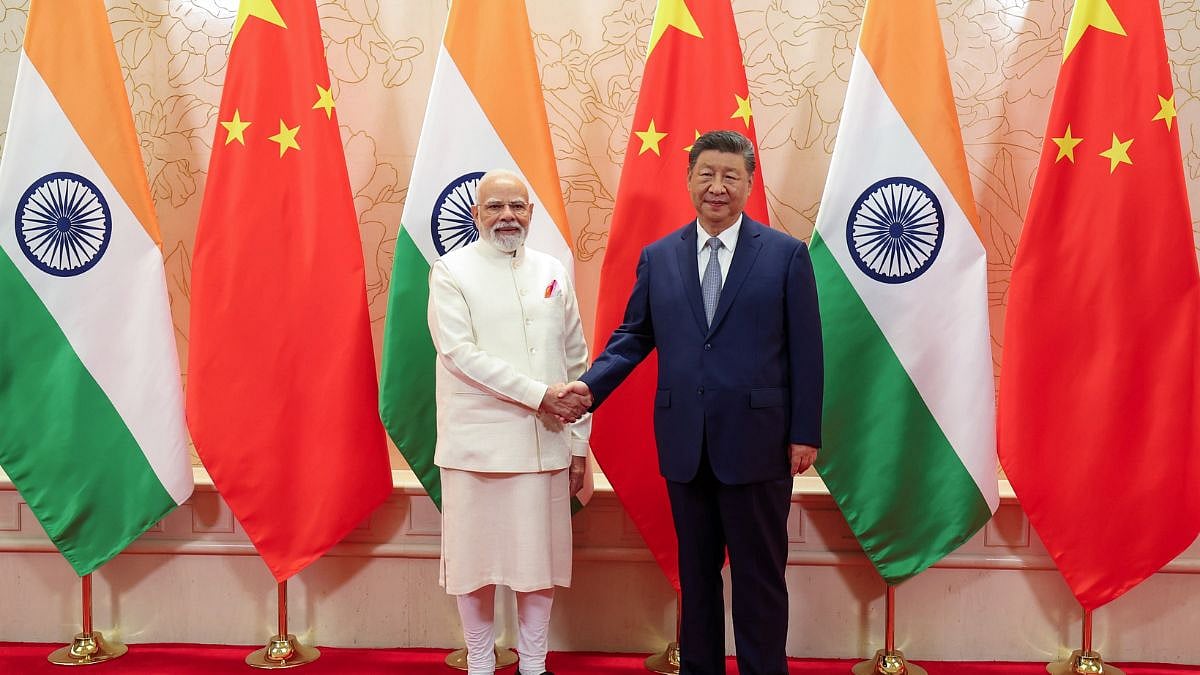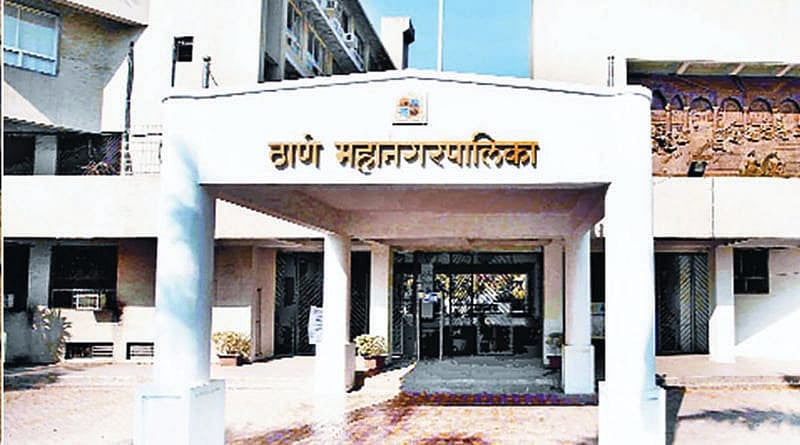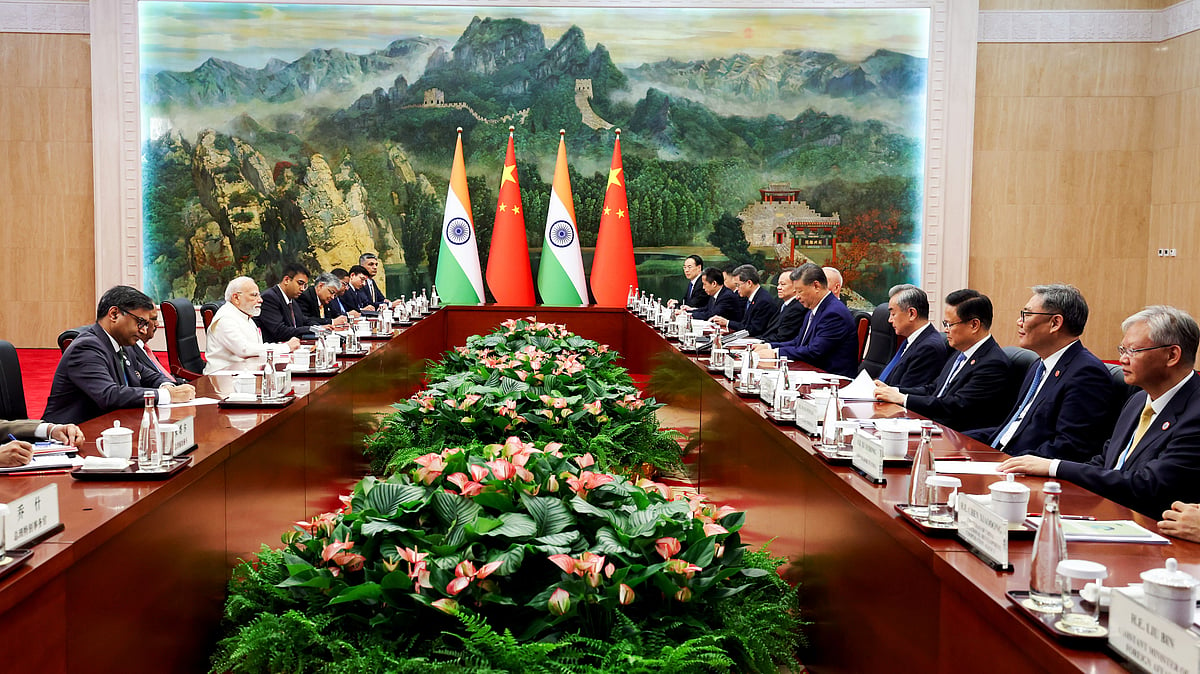New Delhi: A day after China rolled out the red carpet as PM Narendra Modi’s plane landed on its soil seven years since his last visit to the country, the Indian leader on Sunday announced that an “an atmosphere of peace and stability is now in place” following the “disengagement at the border".
Modi, who is in Tianjin for the two-day SCO summit, held a bilateral meeting with Chinese President Xi Jinping. Referring to recent measures taken by both countries to ease tension following border clashes, the PM said positive relations between both countries would pave the way for the “welfare of all humanity.” “Our cooperation is linked to the interests of 2.8 billion people of our two countries... We are committed to advancing our relations based on mutual trust, respect, and sensitivity,” Modi said.
President Xi Echoes PM Modi's Sentiments
President Xi echoed the PM’s sentiments in his opening remarks, stating that it was the “right choice” for both countries to be friends and our relationship needed to be looked at from a “strategic and long-term perspective.” “We must also step up to our historic responsibilities to uphold multilateralism, a multipolar world, and more democracy in international institutions and work together for peace and prosperity in Asia and around the world.”
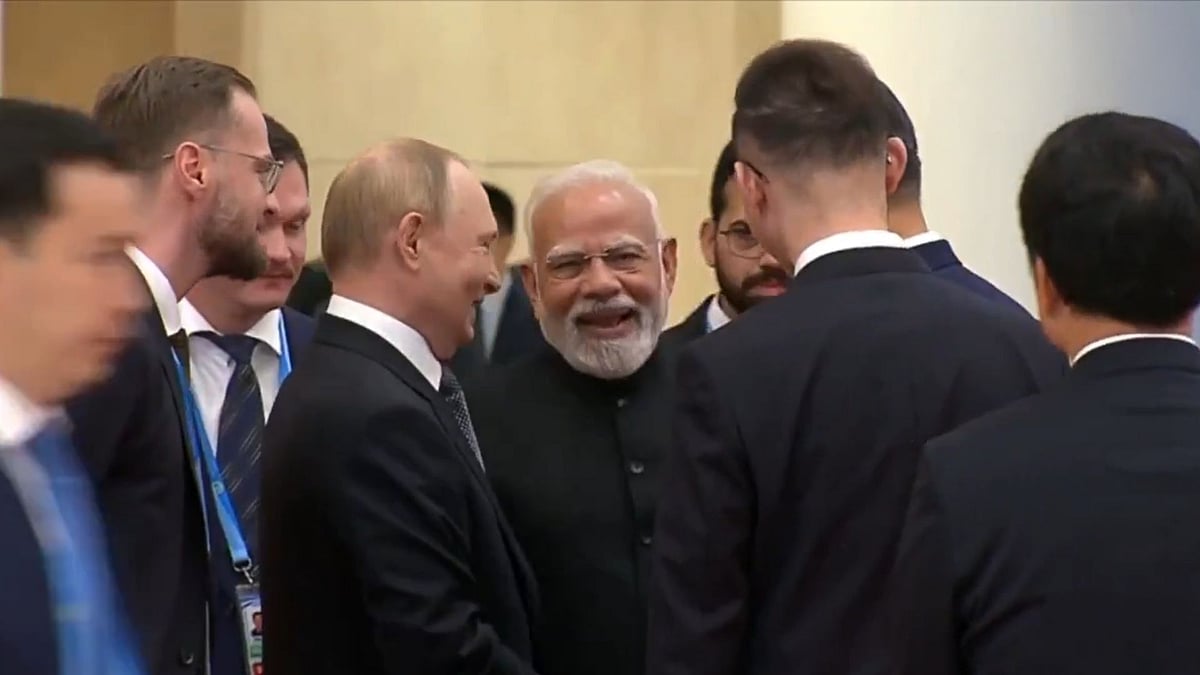
Modi also highlighted other initiatives, such as the resumption of the Kailash Mansarovar Yatra and direct flights between the two nations that were snapped in 2020 due to the pandemic, and continued after the Galwan clashes. An MEA communique posted after the talks stated that Modi had invited Xi to attend the 2026 BRICS summit. The communique also stated India and China both “pursue strategic autonomy, and their relations should not be seen through a third country lens.”
This sentence would certainly attract Washington’s attention, which has recently upped its rhetoric to get India to stop buying Russian oil but also to “act like a democracy.” The warming of relations between India and China is in large part due to the US’s actions. Though the leaders officially declared a “reset” in Kazan last year, it was only in March when China started softening its rhetoric towards India.
China’s Ambassador to India, Hu Feihong, shared a tweet on X in April this year. Here, he shared President Xi’s message to President Murmu through a letter marking the anniversary of 75 years of diplomatic ties between India and China. Xi said in the latter that the occasion must be used to promote “strategic mutual trust… deepen communication and coordination on major international affairs.” This positive sentiment continued in August when the Chinese envoy called the US a “bully” for imposing 50% tariffs on India.
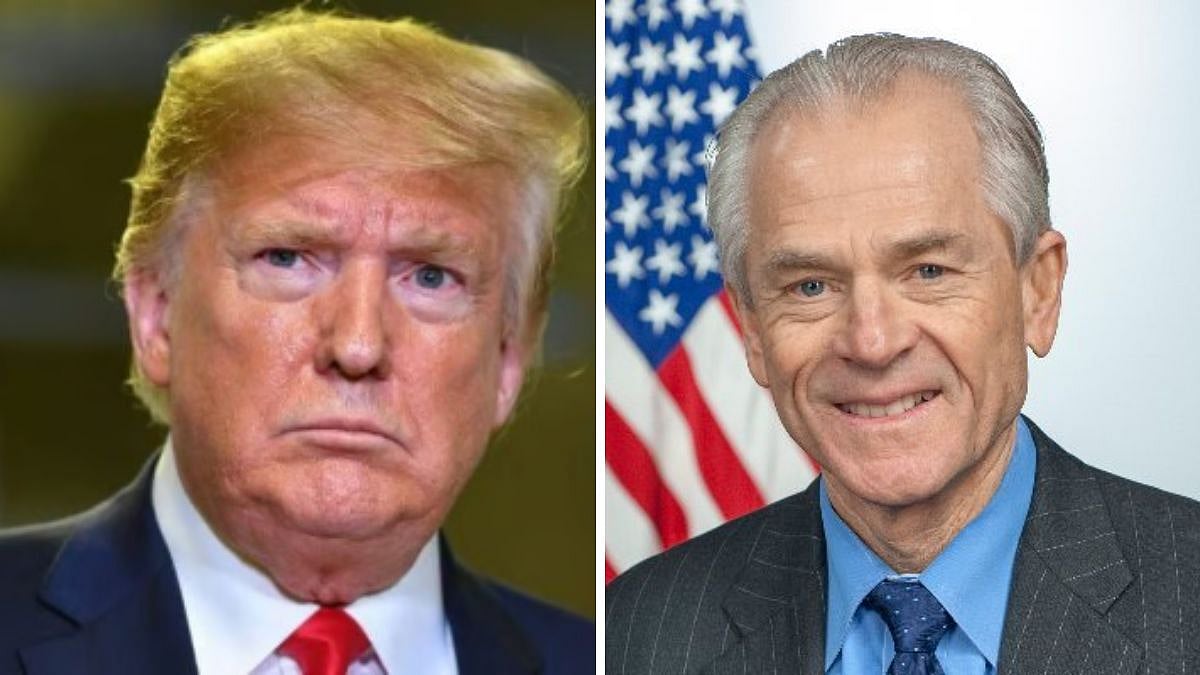
Such messages accompanied a positive visit by Chinese Foreign Minister Wang Yi to Delhi on August 18-19. Wang, who met his Indian counterpart, External Affairs Minister S Jaishankar, and NSA Ajit Doval the next day, left the impression that both sides were starting to find common ground. China watchers are not so sure. Given that the Chinese foreign minister flew to Kabul immediately post the India talks suggests that Beijing’s hyphenation of India and Pakistan remains, with China’s sympathies tilted towards Pakistan.
The intelligence China is believed to have given Pakistan during Operation Sindoor rankles within New Delhi. Beijing still seems concerned about New Delhi’s policy on Taiwan. Post the talks between Jaishankar and Wang, the English version of the Chinese government readout of the talks quoted Jaishankar as saying, “Taiwan is part of China.” However, Chinese media quoted Indian government sources who claim the minister had been misquoted, a fact that rankles within Beijing.
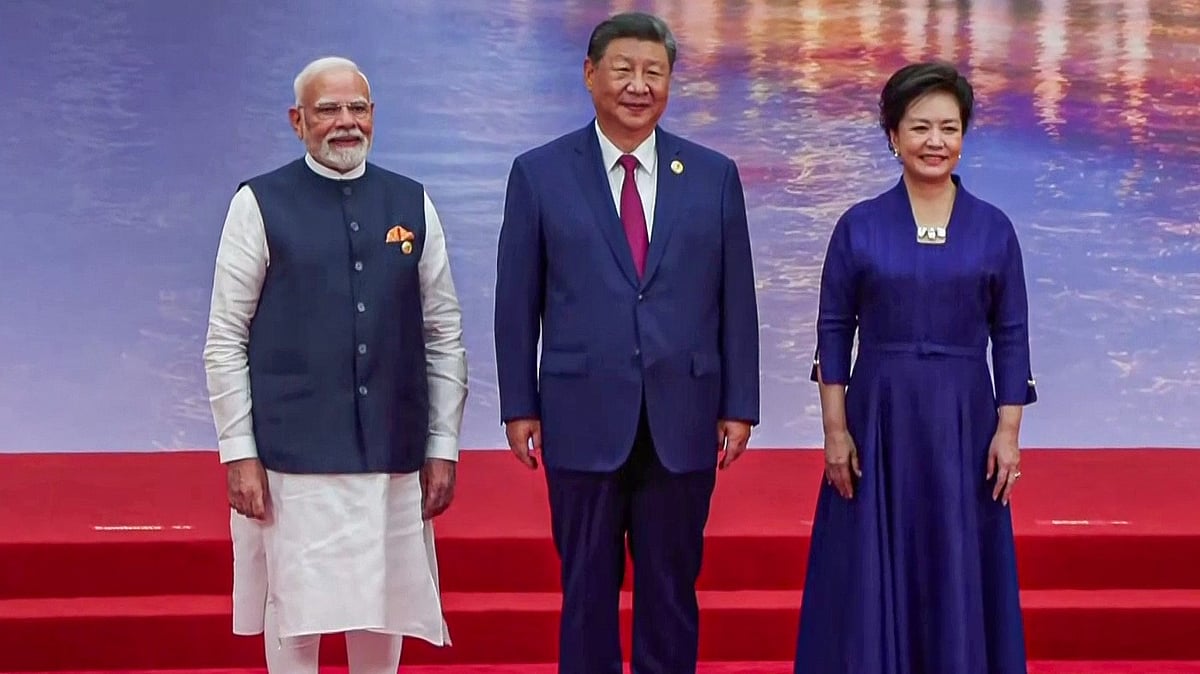
“It would seem that some people in India have tried to undermine China’s sovereignty on the Taiwan question and impede the improvement of China-India relations. China expresses serious concern and firmly opposes that,” said Chinese oreign ministry spokesperson Mao Ning. Former Ambassador and China expert Ashok Kantha believes this Chinese intransigence towards India will remain regardless of the outcomes of the SCO summit meeting. “Comments in the Chinese media suggest deep skepticism about India’s China policy. The perceived softening of India’s stance is seen as a sign of weakness, stemming from turbulence in its relations with the US,” he wrote.
